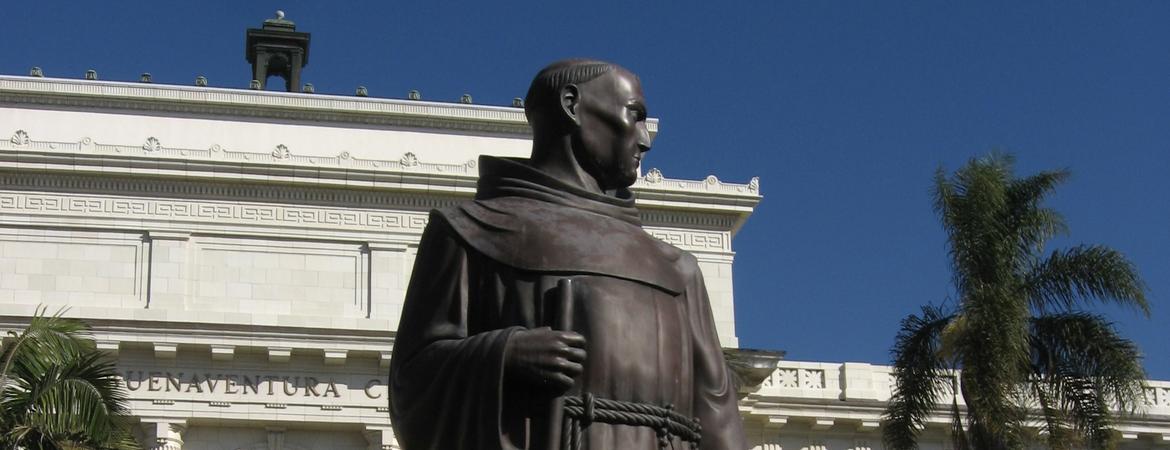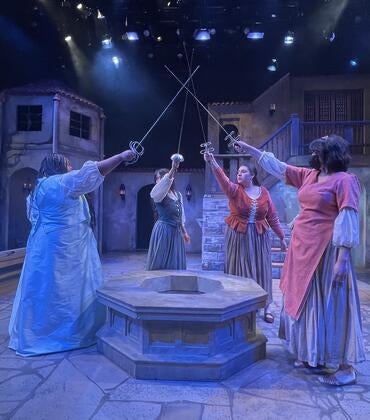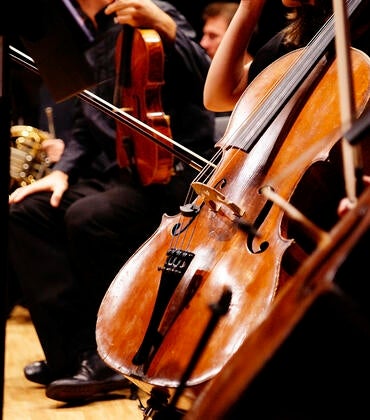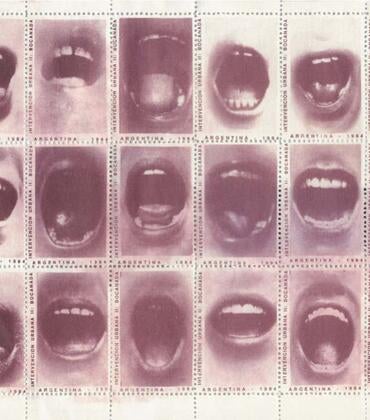
A first-of-its-kind virtual conference will take a closer look at the difficult history of Spanish missionization and the legacy and impacts of the missions on California Indians today.
“Toppling Mission Monuments and Mythologies: California Indian Scholars and Accomplices Respond” will take place on Zoom on Wednesday, July 15, from 3-5:30 p.m. The meeting will bring together leading California Indian scholars for a conversation in response to the recent removal of statues of Junipero Serra, the 18th-century Franciscan priest largely credited with founding the California missions, from public spaces across the state.
Serra is also recognized as one of architects of a brutal period of Spanish settler colonialism for California Indians, many of whose voices are absent from California history.
California State Assemblymember James Ramos (Serrano/Cahuilla), a Democrat whose 40th District includes the Southern California cities of Highland, Loma Linda, Rancho Cucamonga, Redlands, and San Bernardino, will host the scholars during the July 15 meeting. Ramos is California’s first Native American legislator.
Also contributing to the discussion will be Jalane Schmidt, a religious studies professor at the University of Virginia and Black Lives Matter organizer who has been active in the movement to remove Confederate monuments in Charlottesville, Virginia. Amy Lonetree (Ho-Chunk) of the UC Santa Cruz Department of History will provide a response as well.
The conference is sponsored by Critical Mission Studies, initiative spearheaded by University of California researchers to challenge preexisting ideas about the state’s 21 historic missions, which were built between 1769 and 1823 and remain central to educational curricula statewide.
Registration for the conference can be completed here. Speakers will include:
- Deborah A. Miranda (Ohlone Costanoan Esselen/Chumash), Thomas H. Broadus Professor of English at Washington and Lee University and the author of “Bad Indians: A Tribal Memoir”
- Caroline Ward-Holland (Fernandino Tataviam), tribal elder and leader of the Walk for the Ancestors
- Yve Chavez (Tongva), an assistant professor of the history of art and visual culture at UC Santa Cruz
- Olivia Chilcote (Luiseño/San Luis Rey Band of Mission Indians), an assistant professor of American Indian studies at San Diego State University
- Valentin Lopez, chair of the Amah Mutsun Tribal Band
- Renya Ramirez (Ho-Chunk/Ojibwe), a professor of anthropology at UC Santa Cruz
- Cutcha Risling Baldy (Hoopa Valley), an associate professor of Native American studies at Humboldt State University
- Stan Rodriguez (Santa Ysabel/Kumeyaay), executive director of Kumeyaay Community College
- Jalane Schmidt, an organizer with Black Lives Matter in Charlottesville, Virginia, and associate professor of religious studies at the University of Virginia
- Amy Lonetree (Ho-Chunk), an associate professor of history at UC Santa Cruz
First announced in January 2019, Critical Mission Studies seeks to broaden the narrative surrounding the missions to more accurately reflect their history and the perspectives of the Native American and Chicano/a communities who built them.
The project came to fruition when four UC faculty members — Charlene Villaseñor Black of UCLA, Renya Ramirez of UC Santa Cruz, Jennifer Scheper Hughes of UC Riverside, and Ross Frank of UC San Diego — received more than $1 million in funding through UC’s Multicampus Research Programs and Initiatives, or MRPI, awards competition.
The July 15 conference was organized by the grant’s coordinating committee, including the four UC principal investigators and an additional four California Indian research partners: Yve Chavez, Stan Rodriguez, Jonathan Cordero, and Valentin Lopez.
In its first year, the Critical Mission Studies team awarded $300,000 in grants to research projects statewide — including several collaborative efforts with community members, groups, and tribes and tribal nations — that rethink both the history of California’s missions and the trauma associated with their creation. Another $300,000 in grants will be awarded this summer.
The project is governed by the California Indian Advisory Board, a group of 15 members who reflect the diversity of those who were impacted and affected by the California missions, including California Indian tribal nations and peoples, whether recognized or not recognized by the government.
The board functions as a liaison with the larger California Indian community, guides the project’s research agenda, and provides oversight regarding matters of California Native research protocol, publishing, and methodology.
Olivia Chilcote, a Luiseño and San Luis Rey scholar and assistant professor of American Indian studies at San Diego State University, serves on the advisory board. Chilcote is also in the midst of a yearlong term as a Critical Mission Studies postdoctoral fellow at UC Riverside, where she has worked to complete her book manuscript, the first in-depth analysis of the San Luis Rey Band of Mission Indians’ history in Southern California.
She said she anticipates the upcoming conference will explore a diverse range of topics, including how “mission mythology” is entrenched in California society, and California Indians’ longstanding resistance to the mission system and to the adoration of Junipero Serra.
“The topics and questions considered are particularly important in the current political moment as the public is becoming more aware of the connections between Native and Black communities in the U.S. as a result of settler colonialism,” Chilcote said. “The discussions are also relevant in thinking deeply about what people and stories matter, to whom, and for what purposes.”
“Missionization, for California Indians, was more like indoctrination in an abusive cult than spiritual grace,” added poet and English professor Deborah A. Miranda, another of the July 15 meeting’s participants. Miranda’s 2012 book, “Bad Indians: A Tribal Memoir,” blends multiple genres in an exploration of California Indian history and identity over the Spanish missionization years and beyond.
“In other historical contexts, this kind of abuse of power is called genocide, a crime against humanity,” Miranda continued. “But as [American Indian studies professor] Dian Million (Athabascan) has said, ‘We are not our trauma. We can work at healing without being victims. We can be damaged and still be sovereign.’ This is what contemporary California Indian peoples work for every day; this is why bringing down statues and monuments to Serra matters.”
Header image of the Junipero Serra statue outside City Hall in downtown Ventura courtesy of Wikimedia Commons



